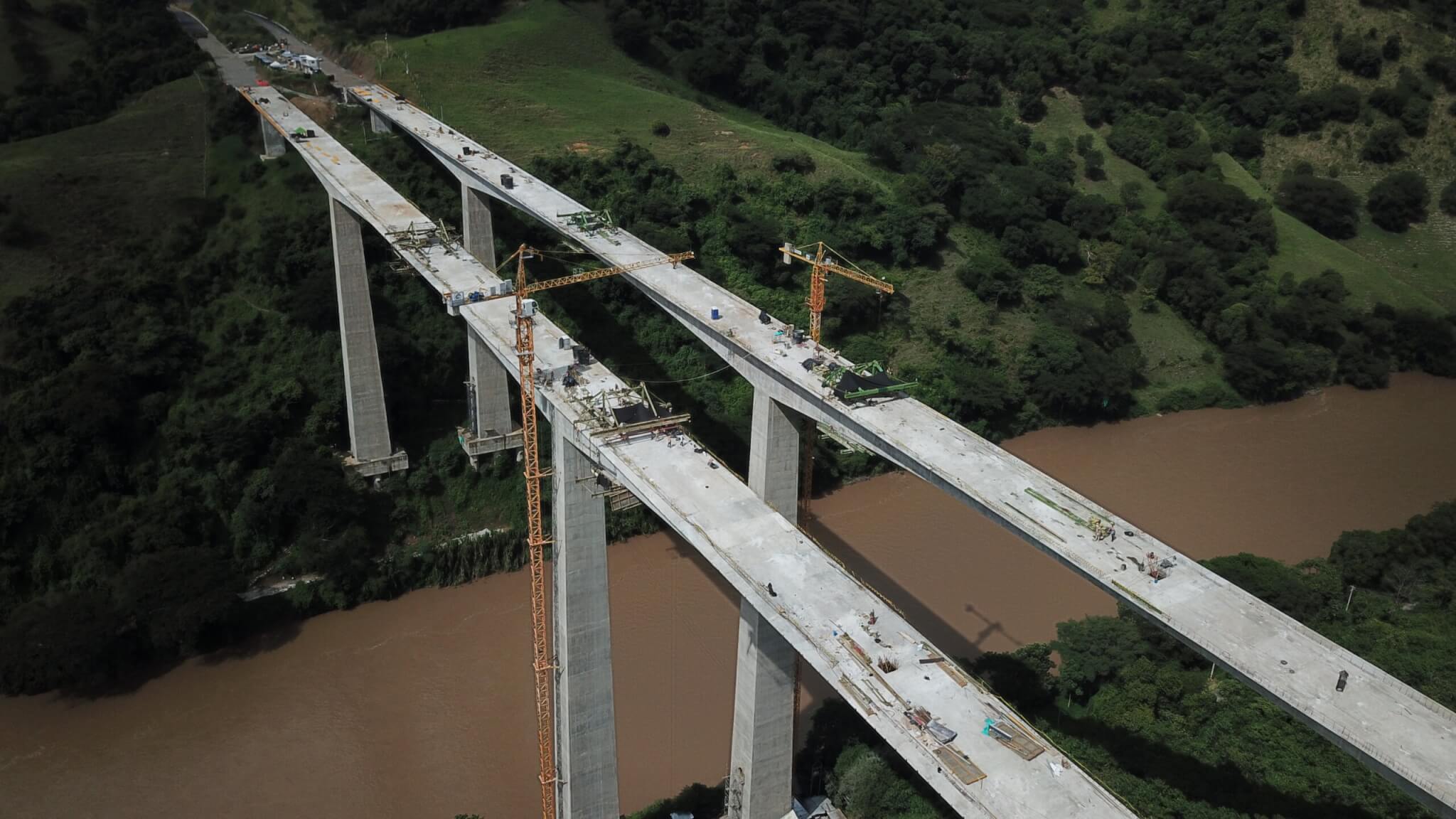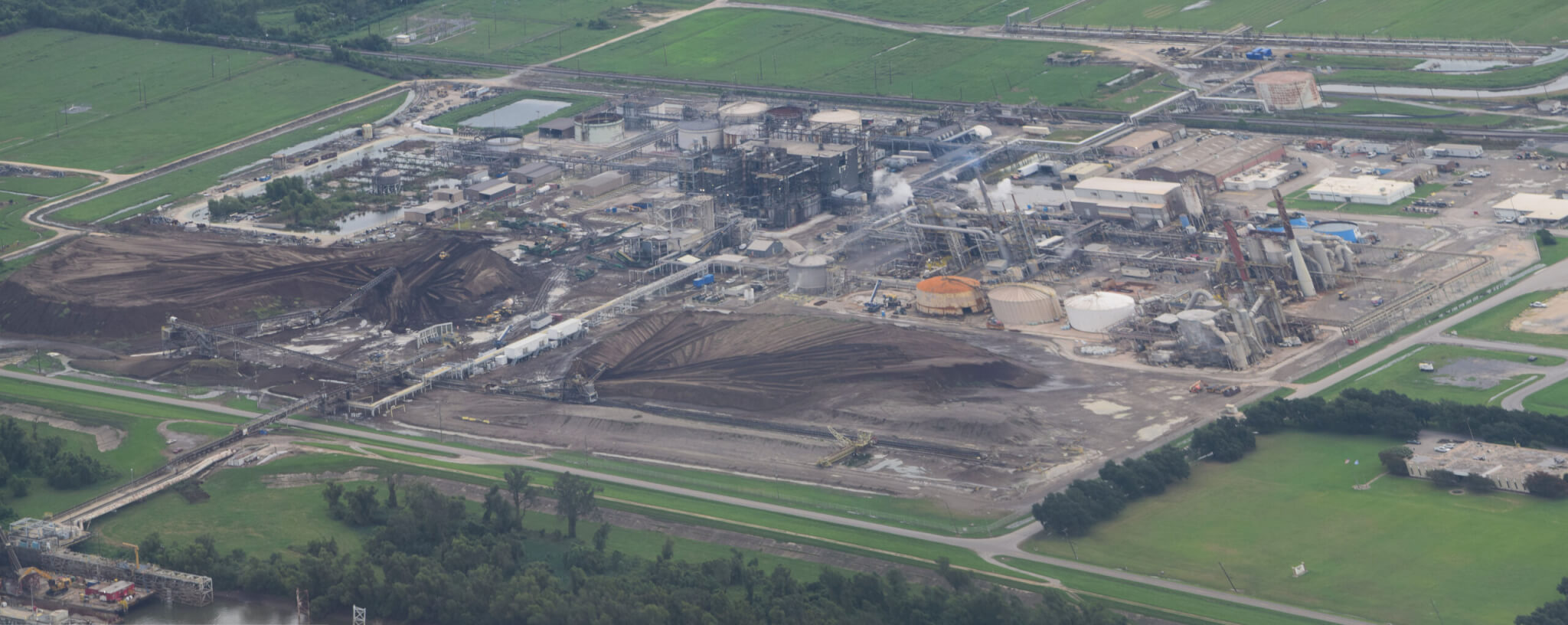Innovation Financing for Climate Action
About the GINAs project
To date, no assessment has quantified the payoffs, public benefit, or business case for low-carbon innovation, globally. Consequently, highly valuable low- carbon innovation spending remains underfunded by governments and businesses around the world, and net-zero targets may not be met, or be met at unnecessary expense as a result.
The GINAs is a first of a kind platform for assessing the case for low-carbon innovation. The GINAs take a system wide perspective, explicitly modelling the impact of innovations across the global economy.
GINAs project timeline
Phase 1 of the project looks across a broad range of climate mitigation technologies and produced several briefs exploring two systems – land and energy – as well as a synthesis report covering both sectors. Briefs in these sectors include:
| Land | Energy |
|---|---|
| – Decarbonizing agrochemical inputs | – Buildings |
| – Irrigation | – Low-carbon fuels |
| – Protein diversity | – Nuclear power |
| – Yield enhancing technologies | – Solar power |
| – System flexibility | |
| – Wind power | |
| – Zero-carbon road transport |
Phase 2 in early 2022 will extend the analysis to research further innovation needs for additional sectors, including carbon dioxide removal, industry and the circular economy, and a Phase 3 would provide regional analyses.
Important background on the GINAs project
The analyses do not assess all relevant technologies nor do they evaluate all relevant factors for policy judgements. Instead, the work is intended to provide a novel evidence base to better inform policy decisions. The Phase 1 analysis looks across a broad range of climate mitigation technologies in energy and land-use, ranging from demand response to protein diversification, to model the economic value of related innovation investment. Later phases expand the research. As with all technologies, there are risks and potential downsides to their adoption, and some remain controversial. Which innovations to invest in is ultimately a policy judgement, and this analysis does not provide policy recommendations to invest in any specific technologies.
The GINAs project is funded by ClimateWorks Foundation and the UK Foreign, Commonwealth & Development Office. Analysis was conducted by Vivid Economics. The GINAs benefit from consultation with the UK Department for Business, Energy, and Industrial Strategy (BEIS) and Mission Innovation on aspects of the work. BEIS support for the 2017-2019 UK Energy Innovation Needs Assessment developed the methodological on which the GINAs are based.
The findings and views expressed across this project do not reflect the view of ClimateWorks, the Government of the United Kingdom or Mission Innovation.
Analytics by:
![]()


